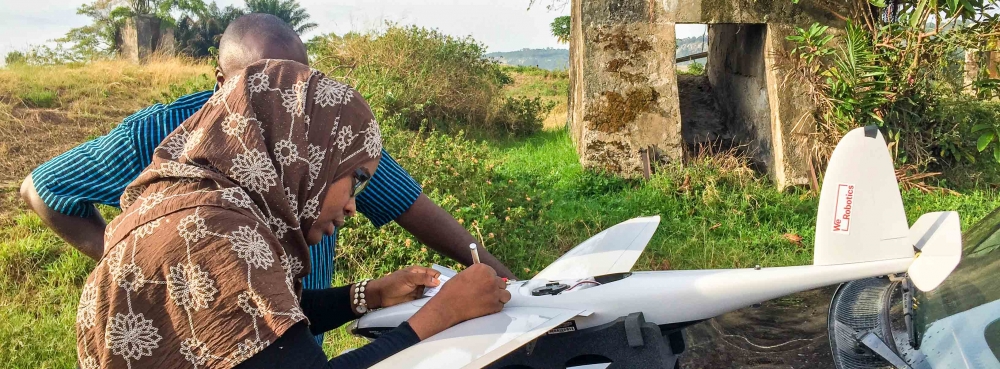Are drones the future for mosquito control programmes?

WeRobotics are trialling a new method of mosquito control in Latin America with hopes that they could provide a cost effective method of controlling mosquito borne diseases such as malaria and zika.
The non-profit organisation hopes that spraying thousands of chilled, sterile mosquitoes from drones could be the future of mosquito control campaigns.
"It makes no sense to release mosquitoes that are 90 percent dead or damaged - we need to make sure the quality of the mosquito is very high so they can compete for females," said Adam Klaptocz, co-founder of WeRobotics.
Currently, mosquito control programmes are dependent on trucks or individuals who release the sterile insects into the air. Both of these methods are time consuming and are unsuitable for remote and hard to reach areas.
WeRobitics's pioneering programme requires the sterilised insects to be cooled before they can be loaded into a drone’s container. The trial will see the mosquitos marked and inspected to measure the effectiveness of the drone dispersion.
The aim of the trial is for the sterile male mosquitos to breed with females, eventually reducing the numbers of infectious mosquitoes and stopping the spread of mosquito borne diseases.
Mosquitos pose a serious threat to human health as hihglighted by the outbreak of zika virus in South America in 2015 which WHO labelled an epidemic. Zika poses a significant risk to pregnant women as there is a high risk that their unborn babies will develop birth defects such as microcephaly. Similarly, Malaria affects millions of people worldwide, in 2016 malaria was responsible for 445,000 deaths. The disease is typically found in warmer regions, having the worst impact in Africa, South East Asia and South America.
Mosquitos are also responsible for the transmission of dengue fever, chikungunya and yellow fever.
Estimates suggest that the drones would cost around $5,000USD each, but only three would be needed to control mosquitoes across entire cities, replacing hundreds of dispersion trucks.
The trial offers a promising insight into the future of disease control. However, it is likely that a drone dispersion method would need to be used in combination with existing methods such as fumigation and stagnant water removal as mosquitos can lay eggs in a number of places.
The topics of communicable disease, disease prevention and technology will all be discussed in detail at Aid & Development Summit Africa in Nairobi, Kenya on 27-28 February, register here for the event.
If you’d like to stay informed on the latest updates in aid and development, please sign up for the AIDF newsletter.
Image credit: WeRobotics













